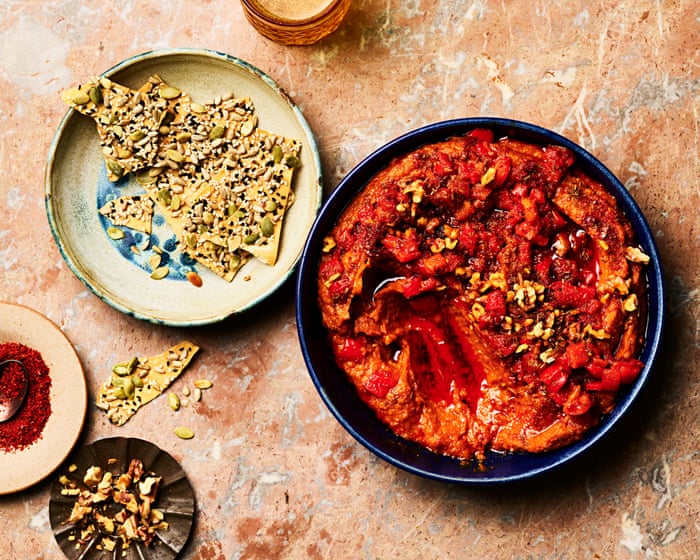When Justine Madugu was named Nigeria’s new coach in September last year, many were surprised. He had no prior experience as a head coach in international football before taking the job.
But on Saturday, that so-called “gamble” paid off when the Super Falcons staged a stunning comeback from 2-0 down to defeat hosts Morocco 3-2 in the Women’s Africa Cup of Nations final at Rabat’s Olympic Stadium.
Nigeria had struggled in the group stage, drawing criticism at home for looking disjointed and uninspired. Yet, two wins over Tunisia and Botswana, along with a draw against Algeria, saw them top their group without conceding a single goal.
Madugu admitted his team was “a work in progress” but remained confident they would achieve what Nigerians call “Mission X”—winning their 10th Wafcon title. Saturday’s victory proved his faith in the team and his coaching approach was well placed.
Nigeria’s players celebrate with the trophy in Rabat. (Photo: Abdel Majid Bziouat/AFP/Getty Images)
“I’ve always believed in taking each game as it comes and adapting to the opponent,” the 61-year-old said. “When we make mistakes, we correct them to get the result we want.”
Nigeria are far ahead in Wafcon titles—only Equatorial Guinea (twice) and South Africa have also won it. In 2016, the Super Falcons matched Egypt’s men’s team with seven Afcon titles. A 1-0 win over Cameroon’s Indomitable Lionesses in Yaoundé, in front of a hostile crowd, put them ahead as Africa’s most successful team.
“That final against Cameroon, on their home turf, was unforgettable,” said former Nigeria captain Desire Oparanozie, who worked as a TV analyst during this year’s tournament. “Scoring the winning goal to lift the trophy was incredible. Playing against a home crowd in a final and coming out on top is always special—you’re battling the fans too.”
“There’s no better way to describe how dominant the Super Falcons are. They’ve proven themselves time and again,” Oparanozie added. “What drives them is their hunger for success. They have a winning mentality and want to keep ruling African football. That’s what pushes them in every final.”
Folashade Florence Ijamilusi celebrates after scoring for Nigeria in the final. (Photo: Abdel Majid Bziouat/AFP/Getty Images)
Keeping Nigeria’s perfect 10-out-of-10 record in Wafcon finals was no easy task for Madugu, especially against Morocco’s coach Jorge Vilda, formerly of Spain.
When Morocco went 2-0 up within 24 minutes through goals from captain Ghizlane Chebbak and Sanaa Mssoudy, Madugu was visibly animated, urging his players to keep possession and pressure the hosts.
The introduction of PSG’s Jennifer Echegini and Roma’s Rinsola Babajide in the second half sparked Nigeria’s attack. “We knew we could turn it around,” Madugu said. “At 2-0 down, we kept telling the players to stay strong. Without mental resilience, they would’ve given up. We had a big talk at halftime.”
Esther Okoronkwo, arguably Nigeria’s standout player and named final MVP, said the team had to dig deep. “The first-half goals were unfortunate, but that’s football,” she said. “We knew we had to fight back, and we did.”In the dressing room, we rallied our fighting spirit—it was all or nothing. The Moroccan team had great chemistry; they were tough opponents.
Rasheedat Ajibade proudly brings the trophy home.
Saturday’s thrilling final was a fitting end to a successful tournament on the pitch. However, as Desiree Ellis, South Africa’s Banyana-Banyana coach for 11 years, noted, there’s still room for improvement in the tournament’s organization.
“I think the scheduling could be better to allow teams enough time to travel and recover,” she said. “The travel was quite demanding this time, and it’s something CAF should address.”
The good news is that improvements can be made soon—the next Women’s Africa Cup of Nations will be held next year, once again in Morocco.
Get in touch
If you have any questions or feedback about our newsletters, email us at moving.goalposts@theguardian.com.
This is an excerpt from our free weekly newsletter, Moving the Goalposts. To receive the full edition, visit this page and follow the instructions. The newsletter lands in your inbox every Tuesday and Thursday.



